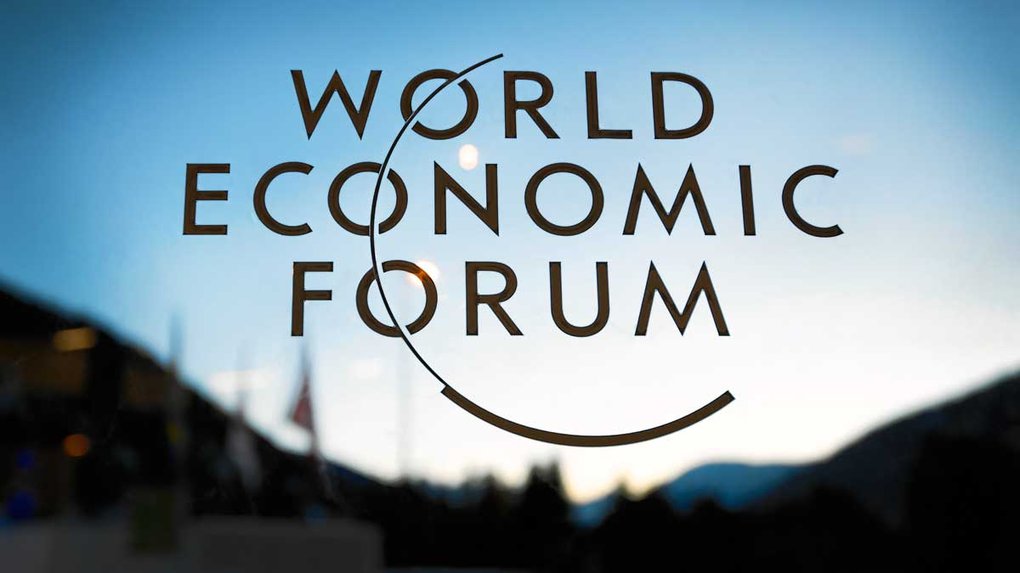How to avoid unintentional bias in your hiring strategy and so encourage diversity

A recent report, which is the culmination of a leadership event featuring Ernst & Young, the Royal Bank of Canada, and guided by Dr. Mahzarin Banaji, Harvard University professor of leadership diversity, highlights diversity and its support within organizations. The piece seeks to comment on the failure of organizations to effectively implement policies directed at diversifying staff, and promoting inclusion generally. According to Dr Banaji, diversity is so essential because it allows for the creation of a strong team which can perform better under pressure and in different circumstances. She also states that diversity makes way for dynamic problem-solving, and better decision-making, leading to a better success rate overall.
However there is a serious issue that gets in the way of diversity, and that is unconscious bias. Dr Banaji explains that discrimination is veiled, not explicit, but rather more implicit, unconscious, because we ourselves are unaware of it. The report says that today, executive boards and HR management are implementing programs to try and foster an inclusive environment. They have good intentions, but they don’t see and lasting change. The reason for this has been supported by Dr Banaji’s research: ‘Hidden Bias’, meaning that we make biased decisions unconsciously. We are not aware of our own ‘hidden’ biases which cause us to make decisions that lead to discrimination. We like to think we are fair, when in reality our choices are driven by beliefs and attitudes that we are unaware of – and we don’t even know we’re doing it.
What is the result of these hidden biases? The group hypothesizes that we may show a preference for people that are familiar to us, or restrict people with characteristics that are unfamiliar. In turn, management decisions can turn out to include factors such as age, national origin, gender, or even physical appearance. Research shows that even when we try to be, we are not fair. We don’t realize this or rather; do not want to confront the facts. The report emphasizes that since it is unintentional - we don’t think it has as big of an impact as it indeed does – the problem is ignored. But how are these biases created? Our unconscious attitudes may reflect anything from negative experiences from our past, to the influence on our beliefs of everyday media. The consequences of our hidden biases can negatively impact an organization. They can affect management inside an organization including hiring decisions, promotion of employees, salary decisions, and projects, and they can affect outside the organization within client relationships.
The important thing to consider is what organizations can do about the issue of bias. The team suggests being conscious of and addressing potential bias in everyday atmosphere. The report explains, they can mend the underlying problem by making a conscious effort to be courageous and face these realities. First of all, employees should be aware. They should always take into account that we may be making a biased decision. Organizations then have to be proactive. Also, individuals can take measures to participate in situations that they may be uncomfortable with. Taking part in such an activity allows one to boost familiarity. Lastly, it is important to then make a positive and conscious effort to combat bias. Individuals, groups, and organizations can then make decisions according to their new awareness of themselves.
JANZZ.jobs counters unconscious bias in organizations by diversifying teams through anonymity in the hiring application process. We suggest an even more forward approach in order to prevent predisposed attitudes and their effect on management decisions. The most essential step is to remove bias in the hiring process by actually utilizing a process that has been shown to lessen discrimination in hiring. Through anonymity in the initial recruitment stage, candidates are seen for their skills, competencies, qualifications, and experience – eliminating a focus on any other factors that could cause potential bias including national origin, gender, age, political affiliation, appearance or even sexual orientation. JANZZ.jobs is designed so that the initial contact between employers and professionals remains anonymous. The parties can then choose to disclose more information once a high match percentage has been identified and as the interaction progresses. In this way, JANZZ.jobs seeks to stamp out unintentional bias, and in so doing contributes to weakening the detrimental effects of hiring discrimination.
Quicklinks
Follow us!
Latest articles
 6/22/23, 11:31 AMKnowledge ≠ Skills ≠ Experience – or why a consistent distinction between these terms is more important than ever.
6/22/23, 11:31 AMKnowledge ≠ Skills ≠ Experience – or why a consistent distinction between these terms is more important than ever. 6/22/23, 11:31 AMAI, automation, and the future of work – beyond the usual bubbles
6/22/23, 11:31 AMAI, automation, and the future of work – beyond the usual bubbles 4/28/23, 6:17 PMBig corporations: a quarter of a million want to leave
4/28/23, 6:17 PMBig corporations: a quarter of a million want to leave 4/28/23, 6:09 PMOld news, current problem: over-qualified graduates in the UK
4/28/23, 6:09 PMOld news, current problem: over-qualified graduates in the UK 4/28/23, 4:44 PMThe World Economic Forum on the future of jobs
4/28/23, 4:44 PMThe World Economic Forum on the future of jobs
Stay tuned!
The JANZZ.jobs newsletter will keep you regularly updated about exciting new features and news.
Save 50%
Save 50% on your next subscription! Simply enter code XXXXX in the registration process.